Neuroscientists
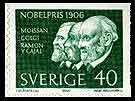 Sweden Santiago Ramon y Cajal and Camillo Golgi: winners of the 1906 Nobel Prize in Physiology and Medicine for their work on the structure of the nervous system. |
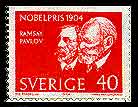 Sweden Ivan Petrovich Pavlov: winner of the 1904 Nobel Prize in Physiology and Medicine for his work on the digestive system. Pavlov is also well known for his work on classical conditioning. |  Sweden Bernard Katz, Ulf von Euler and Julius Axelrod: winners of the 1970 Nobel Prize in Physiology and Medicine for their work on neurotransmitters. | 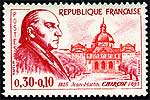 France Jean Martin Charcot: founder of clinical neurology. |
 Portugal Antonio Caetano de Abreu Freire Egas Moniz: winner of the 1949 Nobel Prize in Physiology and Medicine for his work using leucotomy to treat psychosis. | 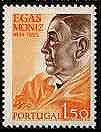 Portugal Antonio Caetano de Abreu Freire Egas Moniz: winner of the 1949 Nobel Prize in Physiology and Medicine for his work using leucotomy to treat psychosis. |
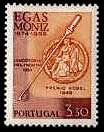 Portugal Antonio Caetano de Abreu Freire Egas Moniz: winner of the 1949 Nobel Prize in Physiology and Medicine for his work using leucotomy to treat psychosis. |
 USA Harvey Williams Cushing: early neurosurgeon who was the first to stimulate the human sensory cortex electrically. |
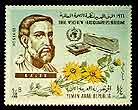 Yemen Galen: early Roman physician who studied the brain. |
 Sweden Roger Wolcott Sperry: winner of the 1981 Nobel Prize in Physiology and Medicine for his work on the specialization of the cerebral hemispheres. |
 Sweden John Carew Eccles, Alan Lloyd Hodgkin and Andrew Fielding Huxley: winners of the 1963 Nobel Prize in Physiology and Medicine for their work on the ionic mechanisms of the nerve cell membrane. |
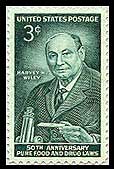 USA Harvey Washington Wiley: responsible for the 1906 Pure Food and Drug Act. |
 Sweden Allvar Gullstrand: winner of the 1911 Nobel Prize in Physiology and Medicine for his work on the optics of the eye. |
 Austria Otto Loewi: winner of the 1936 Nobel Prize in Physiology and Medicine for his work on the chemical transmission of nerve impulses; discovered "Vagusstoff" (now known as the neurotransmitter called acetylcholine). |
 Germany Hermann von Helmholtz: invented the ophthalmoscope. |
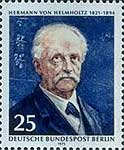 Germany Hermann von Helmholtz |
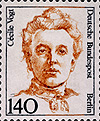 Germany Cecile Vogt: studied the layers of the cerebral cortex. |
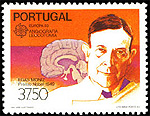 Portugal Antonio Caetano de Abreu Freire Egas Moniz: winner of the 1949 Nobel Prize in Physiology and Medicine for his work using leucotomy to treat psychosis. |
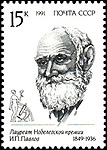 Soviet Union Ivan Pavlov: studied the conditioned reflexes. |
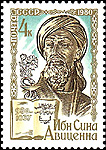 Soviet Union Avicenna: studied vision and the eye. |
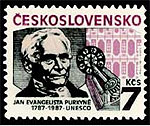 Czechoslovakia Jan Evangelista Purkyne |
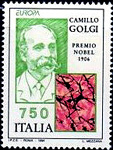 Italy Camillo Golgi: 1906 Nobel Prize winner for his work on the structure of the nervous system. |
 Monaco Rene Descartes |
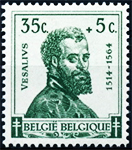 Belgium Andreas Vesalius |
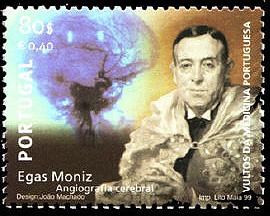 Portugal Egas Moniz |
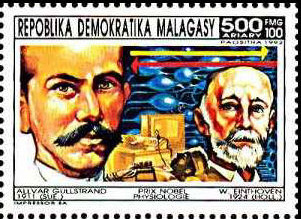 Malagasy Allvar Gullstrand: 1911 Nobel Prize winner for his work on the optics of the eye. |
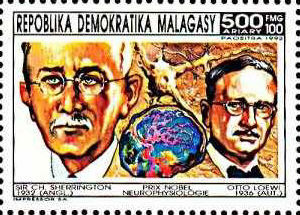 Malagasy Charles Sherrington/Otto Loewi: 1932 Nobel Prize winner / 1936 Nobel Prize winner |
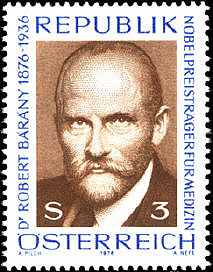 Austria Robert Barany: 1914 Nobel Prize winner for his work on the vestibular system. |
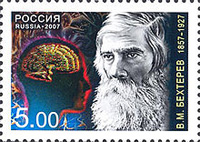 Russia Vladimir Behterev |
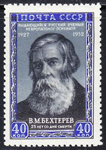 Soviet Union Vladimir Behterev |
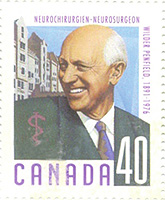 Canada Wilder Penfield |
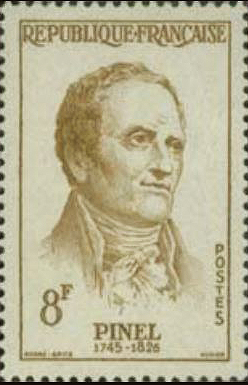 France Philippe Pinel |
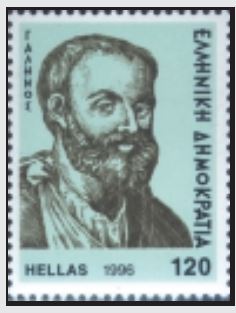 Greece Galen |
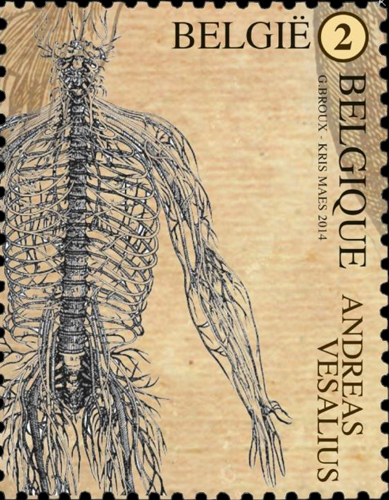 Belgium Andrea Vesalius |
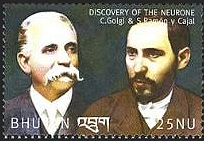 Bhutan C. Golgi/S. Ramon y Cajal |
 Equatorial Guinea S. Ramon y Cajal |
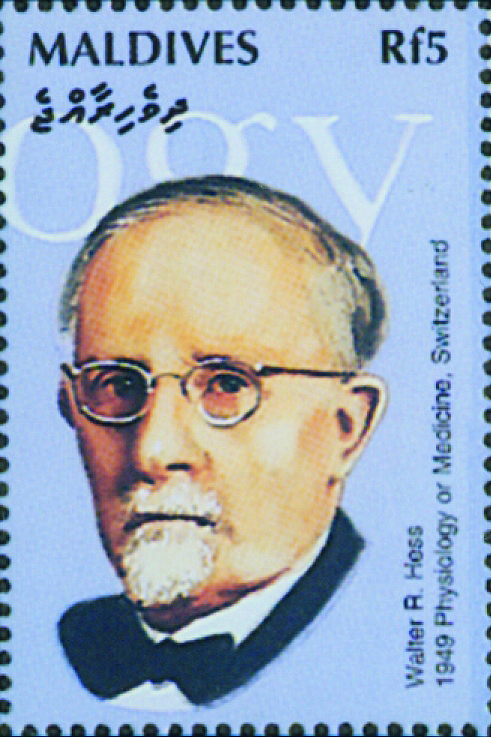 Maldives Walter Rudolf Hess |
 Austria Theodor Meynert |
 South Africa Allan Cormack | |
| Learn more:
| |||